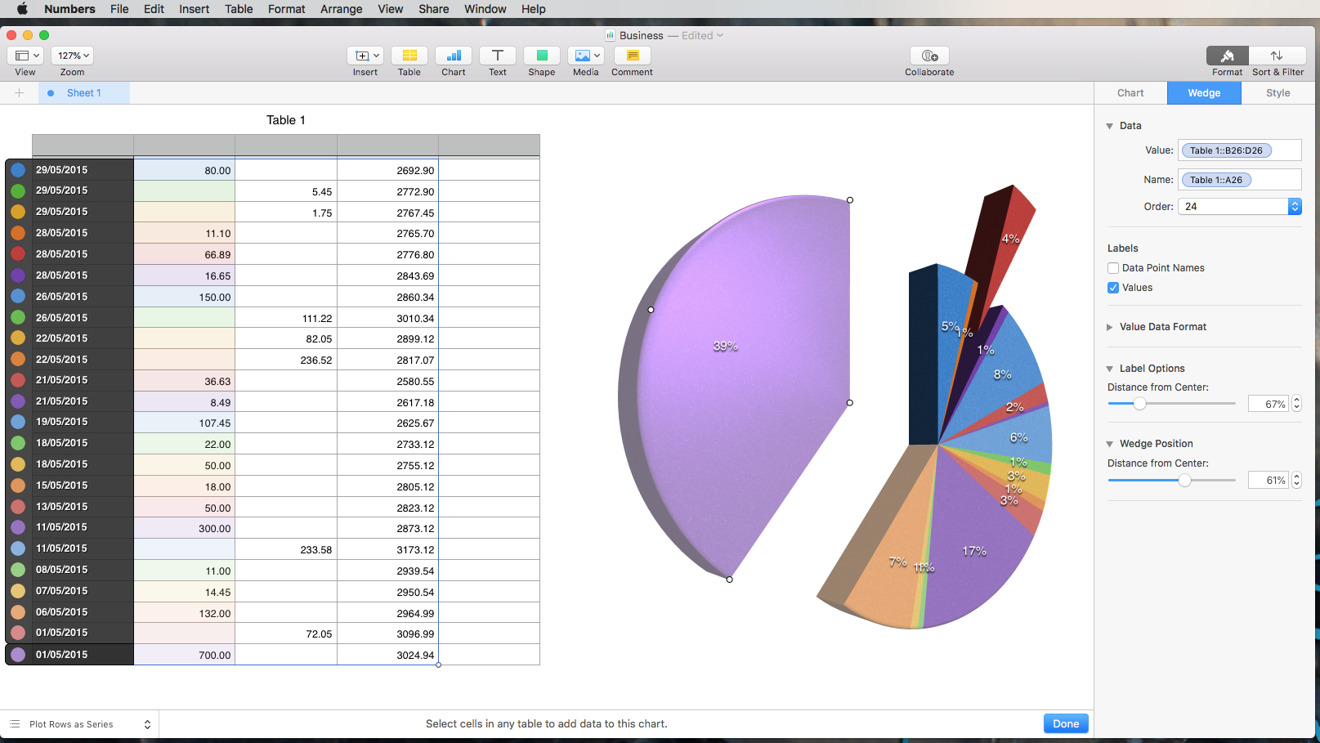

- #APPLE NUMBERS 6.0 VERY SLOW INSTALL#
- #APPLE NUMBERS 6.0 VERY SLOW DRIVERS#
- #APPLE NUMBERS 6.0 VERY SLOW DRIVER#
- #APPLE NUMBERS 6.0 VERY SLOW PC#
- #APPLE NUMBERS 6.0 VERY SLOW ISO#
#APPLE NUMBERS 6.0 VERY SLOW INSTALL#
Now I can install ESXi 5.5 or 6 from the (customized) HP ISO, which includes the older driver.
#APPLE NUMBERS 6.0 VERY SLOW ISO#
I then adjusted the HP ISO and equipped with the older driver. I've tested this with the vib file scsi HPSA-5.5.86_64.vib.
#APPLE NUMBERS 6.0 VERY SLOW DRIVER#
When installing ESXi 5.5 or 6 from the last ISOs, you must manually install the older storage driver (SCSI hpvsa-5.5.0-88).
#APPLE NUMBERS 6.0 VERY SLOW DRIVERS#
These drivers are the cause of the problems in the B120i controller! ISO(s) of March come with newer storage driver scsi-hpvsa 5.5.0-92OEM or scsi hpvsa-5.5.0-90. The older ISO contains the storage driver scsi-hpvsa 5.5.0-88OEM. The difference between the ISO's is the following. I have found out (because I had an older ISO), the ISO VMware ESXi 5.5.0-Update2-2068190-HP-5.77.3-Nov2014.iso works well! With this ISO, all performance problems disappeared. The problem is caused by the last (HP) ISO's (from march) With these drivers, I have experienced major problems with the data stores and thus the B120i (RAID) controller of the HP MicroServer Gen8. In the last ESXi 5.5 and the 6.0 release they have replaced the hpvsa driver (HP vSphere ISO !!). In doing this the backup of 500 GB takes approximately 1.16 hours.I finally found the problem. If not then your performance will suffer. To get there you must make sure that all hardware is USB 3.0 spec and capable of doing that and the drive you use should be of Data center or Enterprise quality with large 256MB caches. Depending on data type I can achieve upwards of 170 megabytes per second with an average of around 120 mega bytes per second. I couple those to an onboard port of the same Super Speed spec and use high quality cables. I use large capacity (6+ TB) USB 3.0 Super Speed enclosures which have a rated 5Gbps maximum transfer rating. This can help as case mounted ports are usually a bit slower than those mounted directly on the motherboard.
#APPLE NUMBERS 6.0 VERY SLOW PC#
You could try attaching the external disk to a USB 3.0 port on the back plate of the PC if you have a desktop PC. So given what you posted Acronis is delivering what you are experiencing. Putting what info we have to numbers works out like this:Įstimated total time to complete = 4.96 hours Your screenshot shows a little over 22 megabytes per second when it was captured and I believe that is typical of most USB 3.0 large capacity disks on the market today. Can you give details on your external disk beyond it being an 8TB disk such as brand and model? Looking at your screenshot the performance looks to be what I would expect from a backup to a consumer grade external disk. It may initially say 5 hours but then change to half that time before reducing a lot further as more data is processed. The backup and recovery times shown initially in the main GUI are often inaccurate and may suggest a much longer time will be needed but are adjusted as Acronis works with the actual data and establishes what the performance is that can be achieved. If you are including data which is already in a highly compressed format such as videos, photos, music etc, then Acronis will waste time trying to achieve more compression.

Leaving the default configuration settings, in particular those for Performance & Compression tend to work best at their default values. Splitting the backup into smaller source selections can help though this means having more backup tasks. Sorry but difficult to say whether the backup time you are seeing is very slow or should be expected depending on the configuration settings chosen and the mix of data involved etc? Roland, welcome to these public User Forums.


 0 kommentar(er)
0 kommentar(er)
